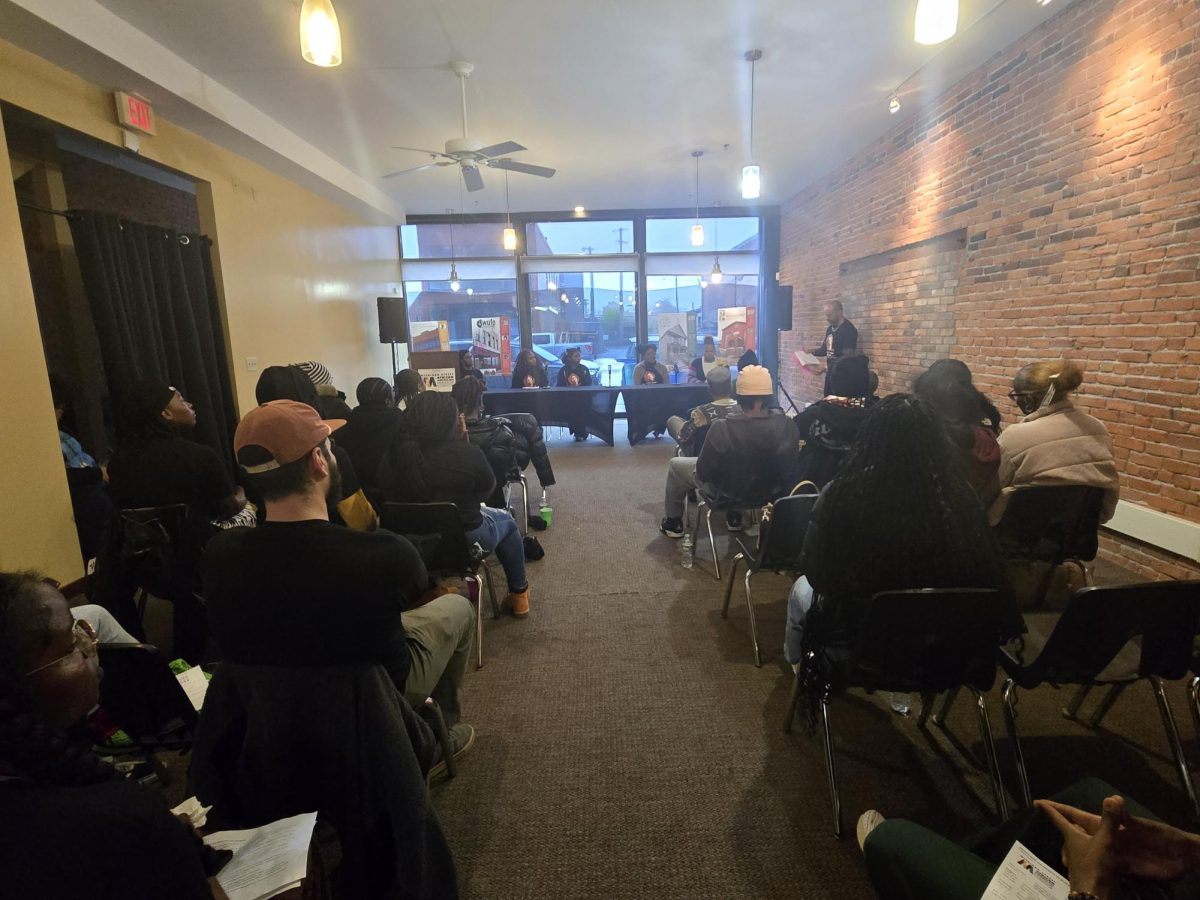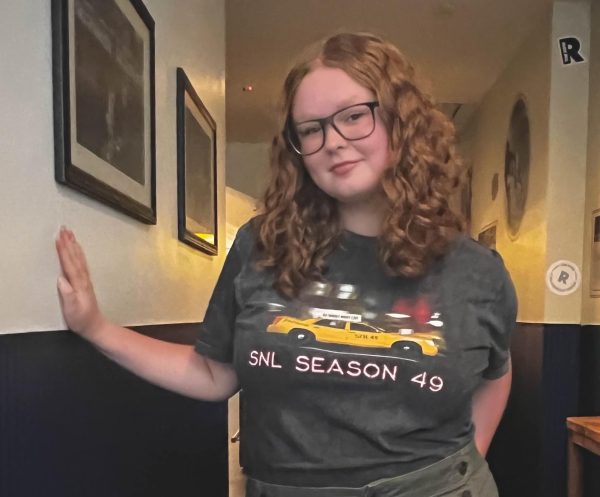SignAloud fails to properly translate sign language
April 27, 2016
Some ideas and inventions have good intentions but fail to fall into the practicality of life. Thomas Pryor and Navid Azodi, two sophomores at the University of Washington, recently won the Lemelson-MIT Student Prize with their invention SignAloud.
The Lemelson-MIT Student Prize is awarded to undergraduate teams and graduate students across the country. It honors students with exceptional inventions in the categories of healthcare, transportation, food and agriculture, or consumer devices.
In 2016, three undergraduate teams were awarded this prize, and four graduate students received this award as well.
SignAloud won due to its global impact, appearing to be an extremely useful device for both hearing and deaf people. A pair of SignAloud gloves utilizes Bluetooth technology, transmitting the user’s hand shape to a computer, translating signs into text or speech.
This invention intends to bridge the gap between the hearing and deaf communities across the world.
While this idea sounds brilliant, the inventors failed to do some simple research.
Most people don’t know that nearly every country has their own versions of sign language. American Sign Language (ASL) is modeled after French Sign Language, but ASL is only used in America and Canada.
Although two countries utilize the same language, it still varies greatly between regions. ASL is not universal — changing between states, cities and even towns.
SignAloud intends to unite the world, but the inventors need to start at a smaller level, learning the ASL dialect in their area before expanding to different sign languages.
Even if SignAloud learned the proper words and idioms of the area, Pryor and Azodi would have to alter the data being transmitted.
ASL is considered a language because its grammatical structure is different than English. To the average person, a perfect translation of ASL would sound like broken English.
In English one would say “I am going to the store,” in ASL someone would sign “store, me go to.”
SignAloud translates signs in English word order rather than actually translating ASL. In order to truly translate ASL, the system would have to rearrange the words being signed, filling in the sentences to make it sound “proper.”
A big part of signing is about the signer’s body language, facial expressions, and having a general understanding of basic gestures. An invention like this makes the deaf culture impersonal, forcing someone to look at a screen rather than pay attention to the physical human near you.
Sign language isn’t like English, you don’t need to hear every word or read every sign to know what someone is saying. Expressions go a long way in a silent language, often telling half of the story.
Realistically, SignAloud would not help as it intends to. If this product was mass-produced and sold across the country, who would buy it?
Deaf people know English; they can read lips and function in a predominately hearing world. This product is made for a hearing society, made to make their lives easier. I highly doubt someone who is deaf would pay a couple hundred dollars for a Bluetooth pair of gloves when their cellphone can easily clear any confusion.
Someone who is deaf already pays extra for typical everyday items, modifying them to have a strobe or vibration, a visual or physical alert. Alarm clocks, doorbells, smoke detectors, carbon monoxide detectors, house alarm and timers are all typical everyday things that must be adapted for their lifestyle.
Deafness is an expensive disability, but it’s one that is celebrated within the deaf community. The deaf society is a close group; an expressive, rich culture that remains optimistic and dreams big.
Inventions like SignAloud misrepresent their culture, diminishing the values they hold close.
The deaf society can live and thrive in a world without sound, and the hearing culture should strive to understand their view. I don’t believe that SignAloud is the answer, but Pryor and Azodi are seeking a solution, trying to truly unite our society.
email: leblanc.record@outlook.com



